Mazar-e-Quaid
This commanding mausoleum holds the remains of Muhammad Ali Jinnah, the founder of Pakistan.
One look at this mausoleum and it’s clear it must guard the bones of an extremely important person. The architectural icon is both simple and striking, and it’s no wonder it’s become a symbol of the city.
The mausoleum holds the remains of Muhammad Ali Jinnah, the founder of Pakistan. Called Quaid-e-Azam (“Great Leader”), Jinnah was the country’s 1st Governor-General.
From 1913 up until Pakistan was founded in 1947, Jinnah was the leader of the All-India Muslim League within the then-British India. After World War I, Jinnah and the Muslim League increasingly advocated for a separate Muslim State. And after World War II, the Muslim League won the vote to finally establish a new country.
Sadly, Jinnah died of tuberculosis a short year after the country he fought so hard to create became independent. The mausoleum his remains now lie within was designed in the 1960s. The stoic white marble structure commands attention even from afar. Lines of bubbling fountains lead toward the building, which is a pleasingly simple and striking architectural beauty.
The mausoleum also holds the tombs of his sister Fatima Jinnah, the Māder-e Millat (“Mother of the Nation”) and Liaquat Ali Khan, Pakistan’s first Prime Minister.
Community Contributors
Added by
Edited by
Plan Your Trip
The Atlas Obscura Podcast is Back!


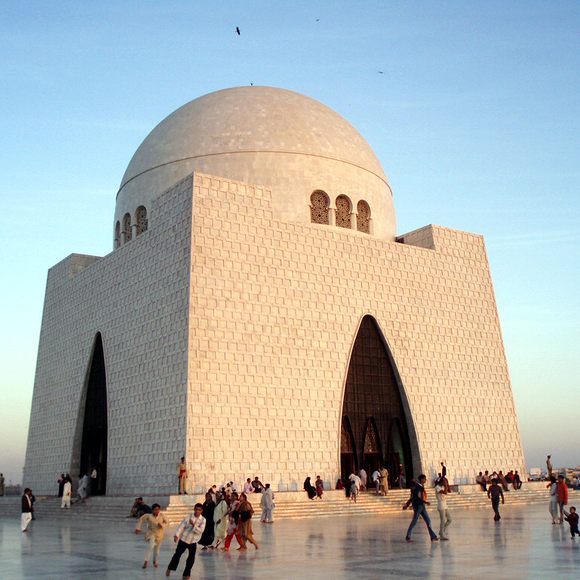

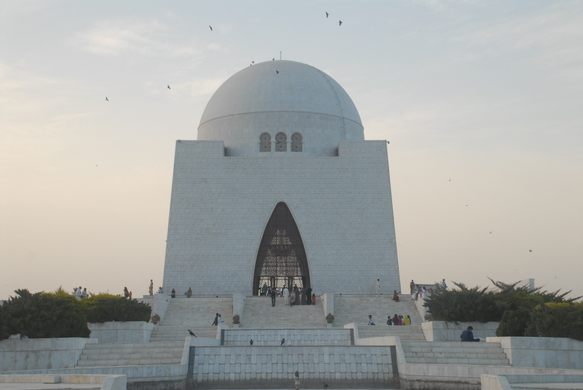
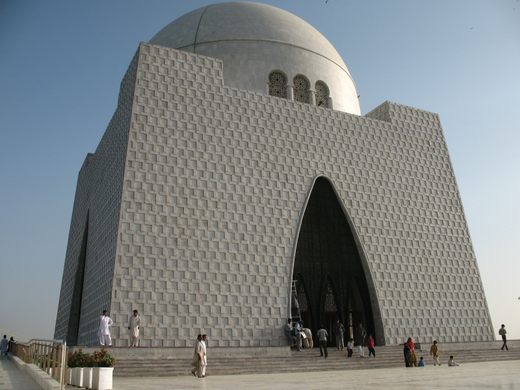
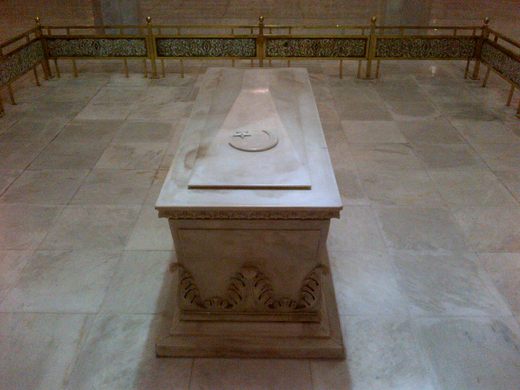
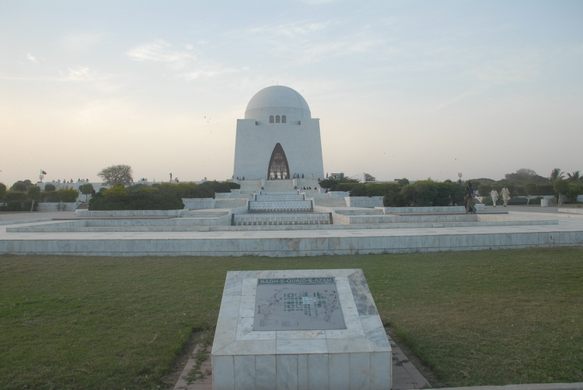
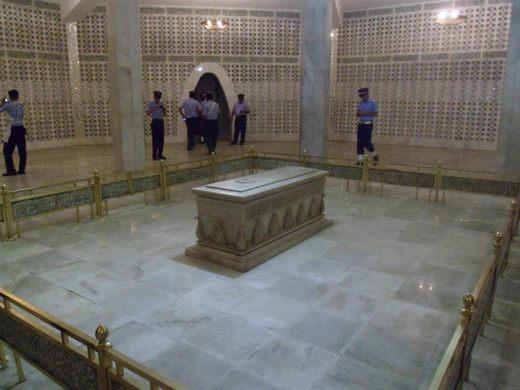




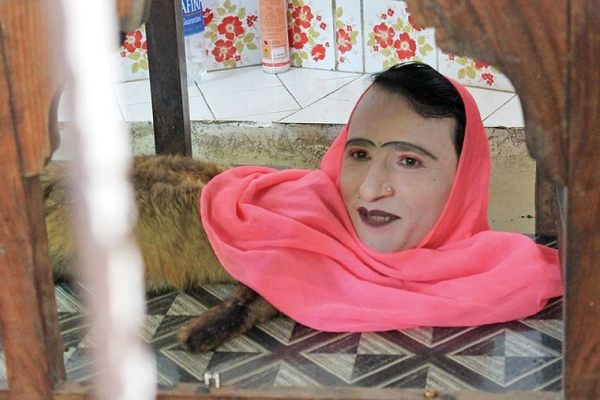



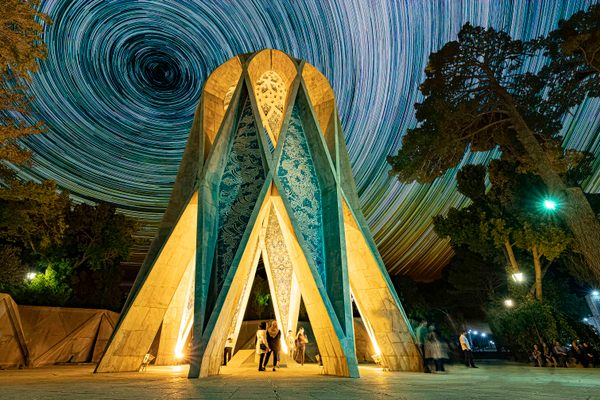


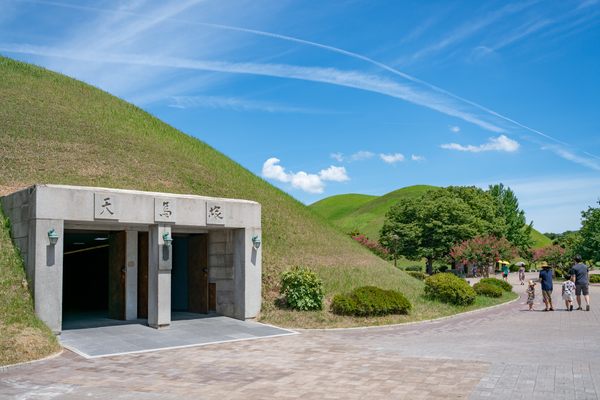

Follow us on Twitter to get the latest on the world's hidden wonders.
Like us on Facebook to get the latest on the world's hidden wonders.
Follow us on Twitter Like us on Facebook